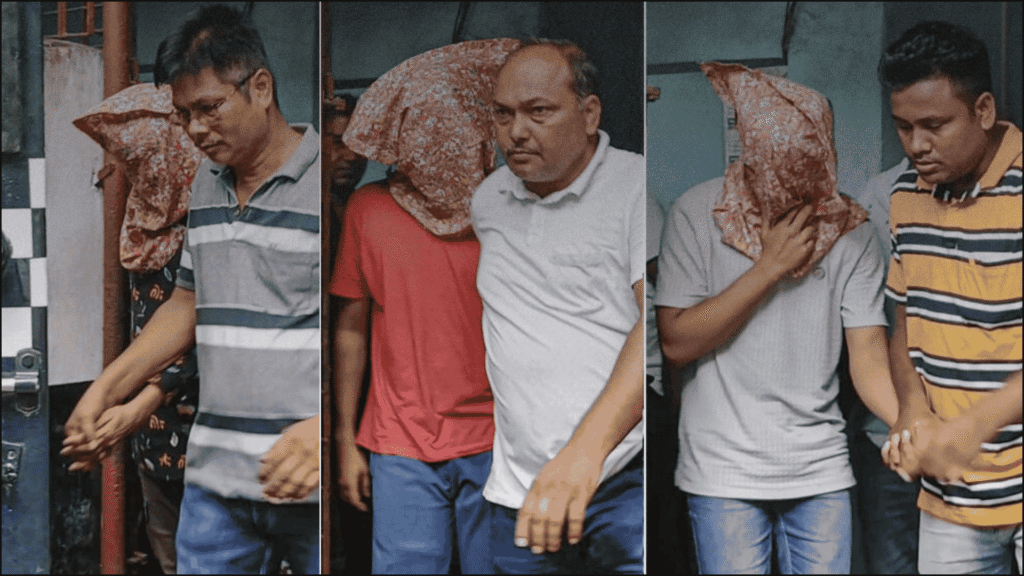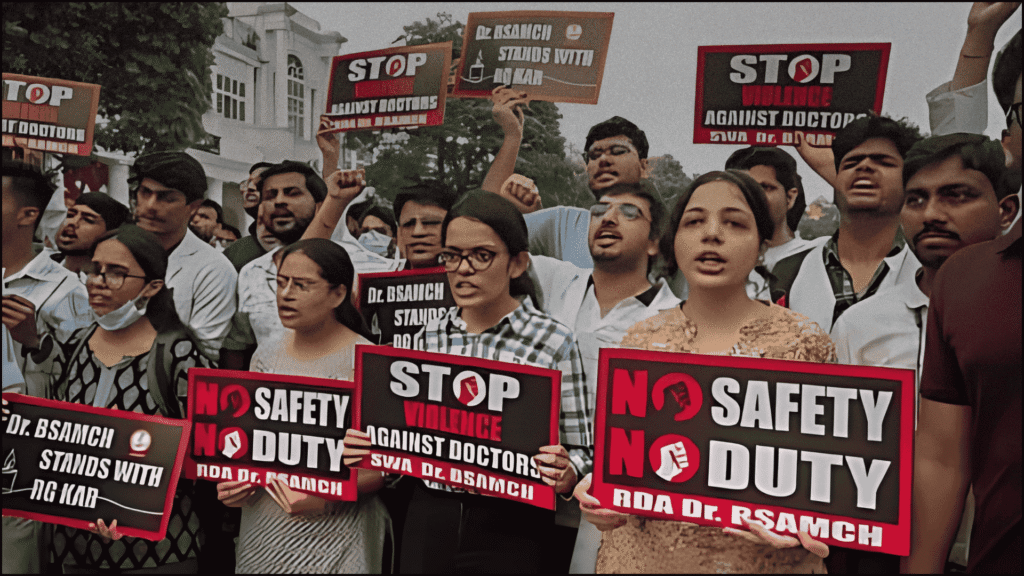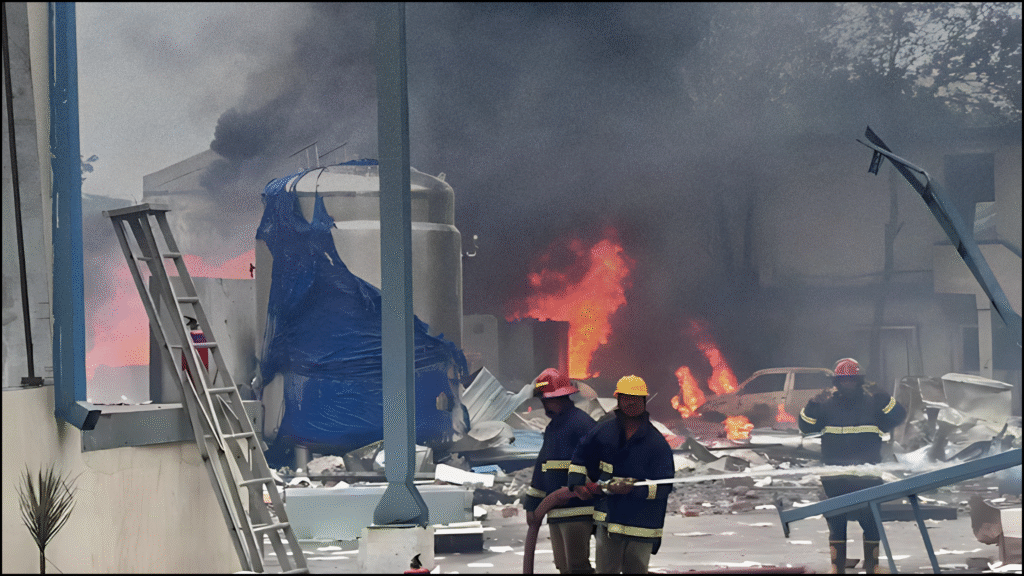India’s bustling metropolises, Mumbai and Kolkata, have recently been rocked by a series of heinous crimes that highlight critical issues of trust, safety, and justice. From a teacher exploiting her authority to a controversial gang-rape case and a juvenile’s alleged murder, these incidents have sparked outrage and calls for systemic change. This blog delves into the details of these cases, their societal implications, and the ongoing pursuit of justice.

Mumbai: Teacher’s Abuse of Trust
In a shocking breach of trust, a 40-year-old female English teacher from a prominent Mumbai school was arrested on July 2, 2025, for sexually assaulting a 16-year-old male student over the course of a year. The accused, a married woman with children, allegedly groomed the teenager, starting with inappropriate advances during school extracurricular activities in December 2023. According to police reports, she took the minor to five-star hotels in South Mumbai and near the airport, where she coerced him into sexual acts, often after giving him alcohol and anti-anxiety pills to manipulate his emotional state.
The survivor, a Class 11 student at the time, developed severe anxiety and depression, which his family noticed but initially hesitated to address, hoping the abuse would cease after he left school. However, the teacher’s persistence—contacting him through domestic staff even after he graduated—prompted the family to file a complaint. The Dadar police arrested her under the Protection of Children from Sexual Offences (POCSO) Act, Bharatiya Nyaya Sanhita, and Juvenile Justice Act. Her accomplice, a friend who allegedly normalized the illicit relationship, remains at large, with police actively pursuing her. The school has suspended the teacher and pledged cooperation with authorities.
This case underscores the vulnerability of minors in trusted environments and the long-term psychological trauma of such abuse. Experts note that survivors of authority-figure abuse are 1.5 times more likely to develop severe anxiety, with lasting impacts on cognitive and social development.
Kolkata: Controversy Surrounding Gang-Rape Case
In Kolkata, a gang-rape case at South Calcutta Law College has ignited public fury. The prime accused, Monojit Mishra, a former student and non-teaching staff member, allegedly assaulted a 24-year-old first-year student. Mishra, previously expelled from the college’s Trinamool unit in 2021 for misconduct, had a history of harassing female students, including morphing photos and body-shaming. His return to campus in 2024 reportedly created a climate of fear, with female students skipping classes due to his presence.

The case took a controversial turn when Mishra’s lawyer claimed scratch marks on his body were “love bites,” prompting demands for forensic examination to verify the claim. Police confirmed signs of struggle in multiple rooms, and samples have been sent for analysis. The incident, occurring just months after the RG Kar hospital rape-murder case, has fueled protests and criticism of institutional inaction against known aggressors.
Mumbai: Juvenile’s Alleged Murder
In another disturbing incident in Mumbai, a 16-year-old boy was detained for allegedly murdering a 15-year-old girl by pushing her from a 32-storey building, initially reported as a suicide. The case, still under investigation, has raised questions about juvenile crime and mental health. Authorities are examining the circumstances leading to the tragedy, including the relationship between the accused and the victim, to determine motive and intent. This incident highlights the need for early intervention and counseling for at-risk youth to prevent such outcomes.
Societal and Legal Implications
These cases expose systemic failures in protecting vulnerable individuals. The Mumbai teacher’s abuse reflects the misuse of authority in educational settings, necessitating stricter oversight and mandatory reporting protocols. The Kolkata case reveals how institutional negligence can enable repeat offenders, underscoring the need for zero-tolerance policies. The juvenile murder case in Mumbai calls for enhanced mental health support and juvenile justice reforms.
Legally, the POCSO Act and Bharatiya Nyaya Sanhita provide robust frameworks for prosecuting such crimes, but delays in forensic analysis and institutional cover-ups often hinder justice. Public outrage, amplified by protests and social media, is pushing for faster investigations and harsher penalties.
Explore India’s juvenile justice system
Conclusion
The recent crimes in Mumbai and Kolkata serve as a grim reminder of the challenges in ensuring safety and justice in India’s urban centers. From protecting minors from predatory authority figures to addressing institutional complicity and supporting troubled youth, these cases demand comprehensive reforms. As investigations continue, public vigilance and advocacy will be crucial in driving change.
Share your thoughts on how India can strengthen its systems to prevent such crimes. Stay informed by following credible news sources and supporting survivor-focused initiatives.
References:
- India Today, Hindustan Times, NDTV, The Economic Times
- Social media posts on X



